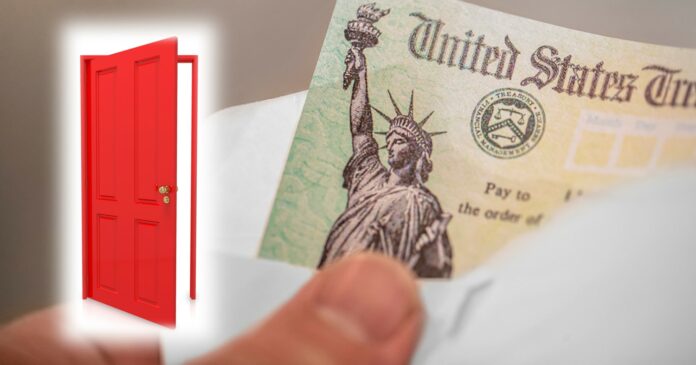BY ANNA & MICHELLE
One of the silver linings to filing your income tax return is finding out that you are going to receive a refund that could literally open the door to owning a home. If you happen to be one of these fortunate taxpayers, your next decision is what to do with it.
With the average tax refund near $3,000, it could be the ticket to buying a home sooner rather than later. Regardless of the size of your refund, it can be used toward the down payment or closing costs of the home.
Most people think it takes 10% or more down payment to purchase a home, but actually, it is much less because of several low-down-payment mortgages. There are VA and USDA mortgages that allow for no down payment for qualified buyers. FHA has a 3.5% down payment program and FNMA and Freddie Mac have 3% down payment mortgages for qualified creditors as well as 5% down programs.
Closing costs for originating new mortgages can easily range from 2 to 3 percent of the purchase price, but most lenders will allow the seller to pay part or all of them based on the agreement in the sales contract. If you are using a VA or USDA loan, your refund could go toward paying the closing costs.
On a practical matter, if you are due a refund, have it deposited directly into your account. It is necessary to trace the source of the funds. Cashing a refund check and depositing the cash adds an unnecessary aging requirement.
Maybe you have the money saved for your down payment and closing costs but you have other debt that is keeping you from qualifying for a mortgage. The IRS refund could be used to pay down that debt. However, you need solid advice from a trusted mortgage professional before you do that.
While the average tax refund might not cover the down payment on the median price home, it certainly helps. Your refund could make it a simple as 1-2-3 to get into a home.
Get the hard, cold facts for the homes and mortgages in your area and price range.
Get pre-approved with a trusted mortgage professional.
Start looking at homes.



